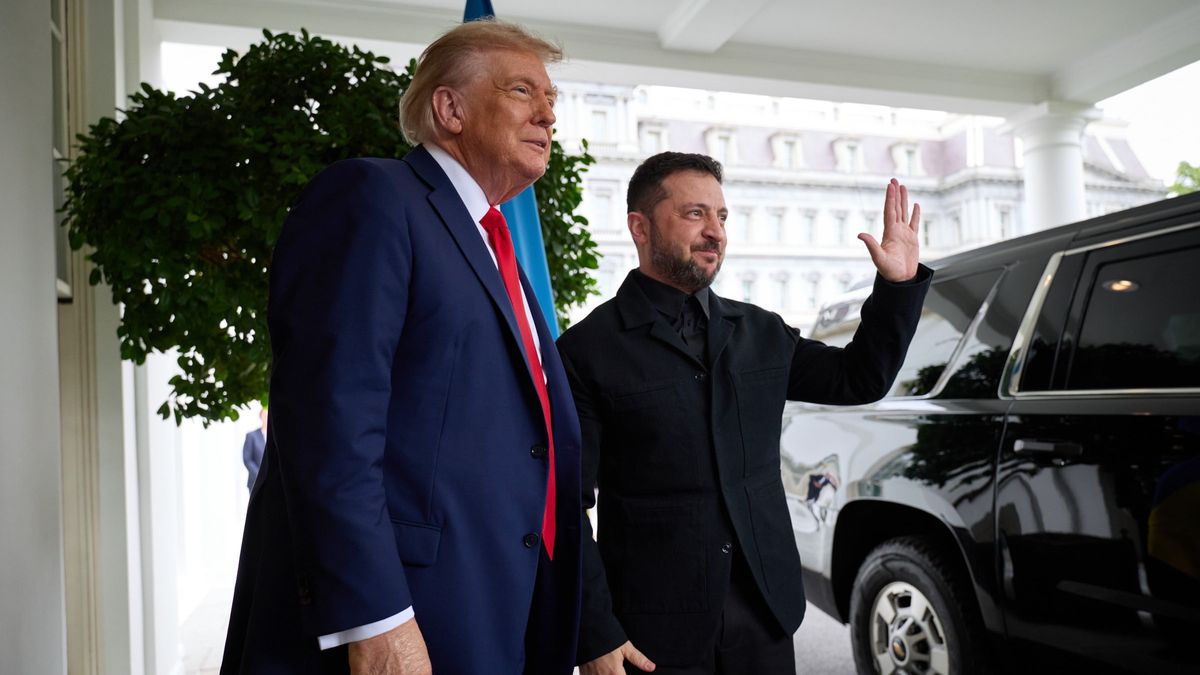Prime Minister Andrej Plenkovic tweeted that the introduction of the euro “is not a reason to increase the prices of goods and services”. The government made it clear that it would not tolerate unjustified price increases, Croatian media reported. Croatia has been part of the euro zone since January 1st. The introduction of the euro, which replaced the previous national currency, the kuna, reportedly proceeded without major difficulties. However, citizens complain that prices in euros are higher than a few days ago when the old currency was still in use. According to the consumer protection association, consumers are reporting visible price increases, especially for coffee and baked goods, because the prices were rounded up when they were converted.
“This has happened in all countries that have joined the euro zone – we have seen it in Slovenia, Austria and Italy,” Ana Knežević from the consumer protection association told the Index news portal. She added that the authorities had been warned that Croatia would not be an exception. Meanwhile, Economics Minister Davor Filipović emphasized that the rise in prices due to the introduction of the euro was unacceptable. The minister met with representatives of the retail chains today, Tuesday. Earlier on Monday, Prime Minister Plenkovic met the responsible ministries and inspectorates to discuss measures to protect citizens from unjustified price increases.
“I told the retail chains and I tell everyone who wants to take advantage of this situation at the expense of the citizens – it won’t go through,” Filipovic told journalists, accusing the retailers of trying to cheat the citizens. He announced possible measures to protect consumers. “Everything is on the table – from black lists to price caps on a wide range of goods,” he said.
“Compulsory Price Round-Ups”
The wholesalers defend themselves against the allegations and declare that they have kept to the prescribed rounding of prices when converting to the euro. The prices had risen parallel to the introduction of the euro for other reasons, said the head of the traders’ association, Martin Evačić.
While citizens complain about higher prices, small businesses in particular complain about money changing problems. There is a transitional phase in Croatia until January 15, during which you can also pay in kuna and get change back in euros. However, small shops complain that customers pay small amounts with large kuna bills and expect the corresponding change in euros. They are therefore appealing to the citizens not to take them for exchange offices, but to exchange the kuna at the banks, the media reported. In the banks, post offices and branches of the financial agency FINA you can still exchange the old currency for euros all year round, from 2024 this will then be possible at the Croatian central bank.
more from economy
Photovoltaic boom in Austria
Customers will only notice falling gas prices in “a few months”
XXXLutz has taken over 92.7 percent of Home24 shares
Maxenergy must compensate terminated customers for damage
My themes
For your saved topics
found new items.
info By clicking on the icon you add the keyword to your topics.
info
Click on the icon to open your “My Topics” page. They have of 15 tags saved and would have to remove tags.
info By clicking on the icon you remove the keyword from your topics.
Add the theme to your themes.
Source: Nachrichten




